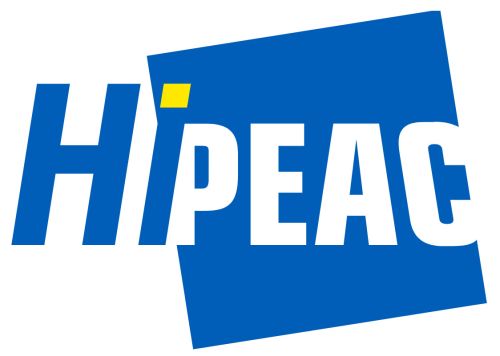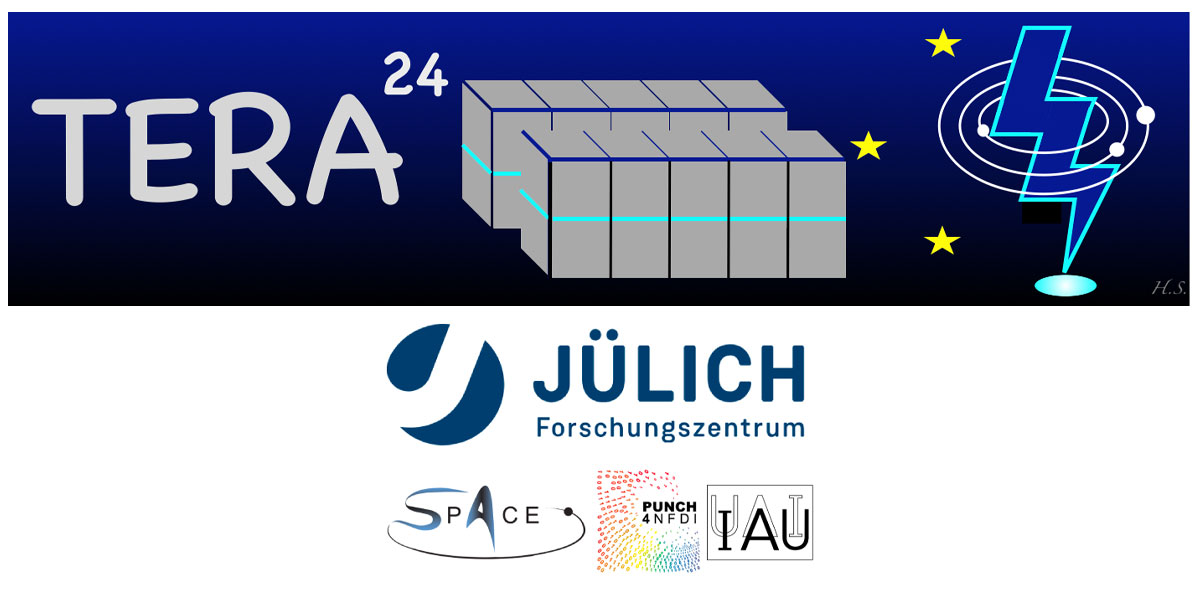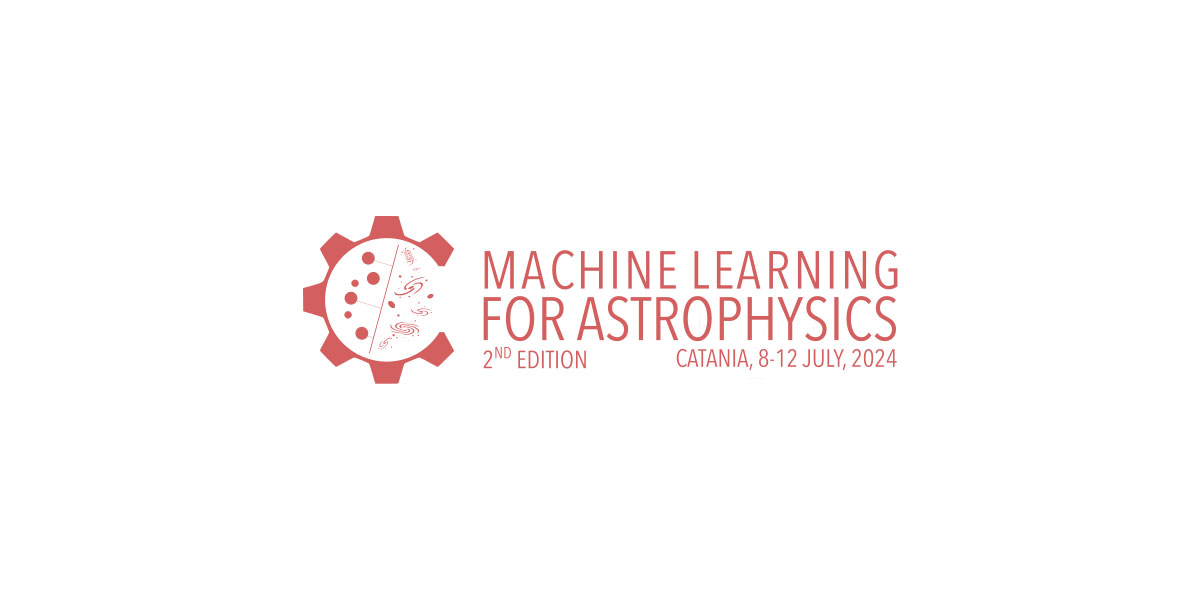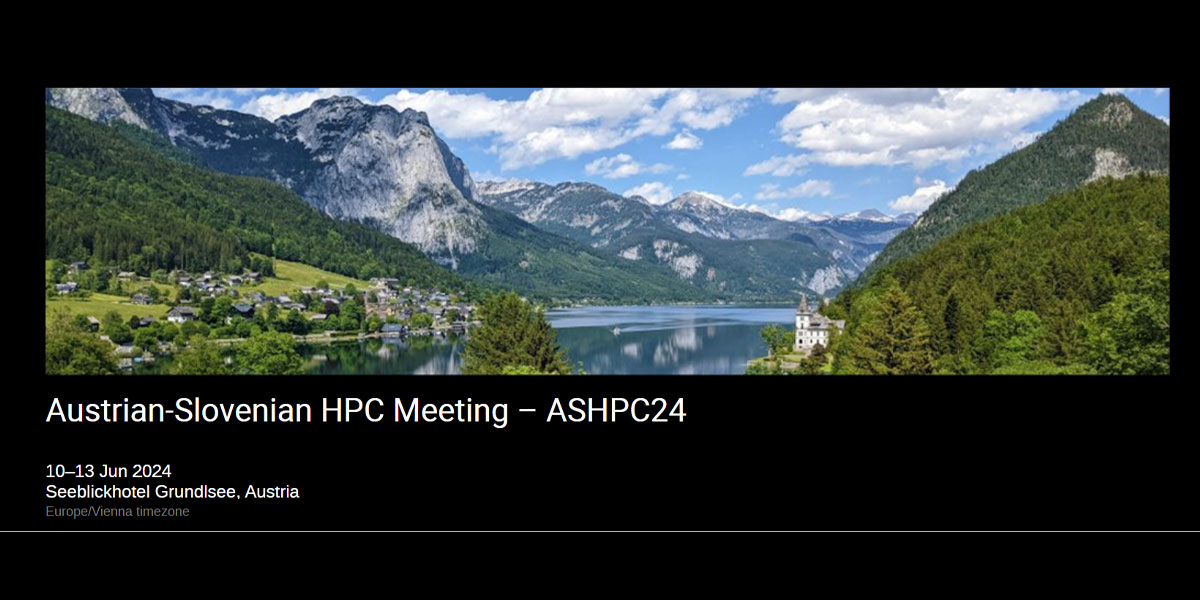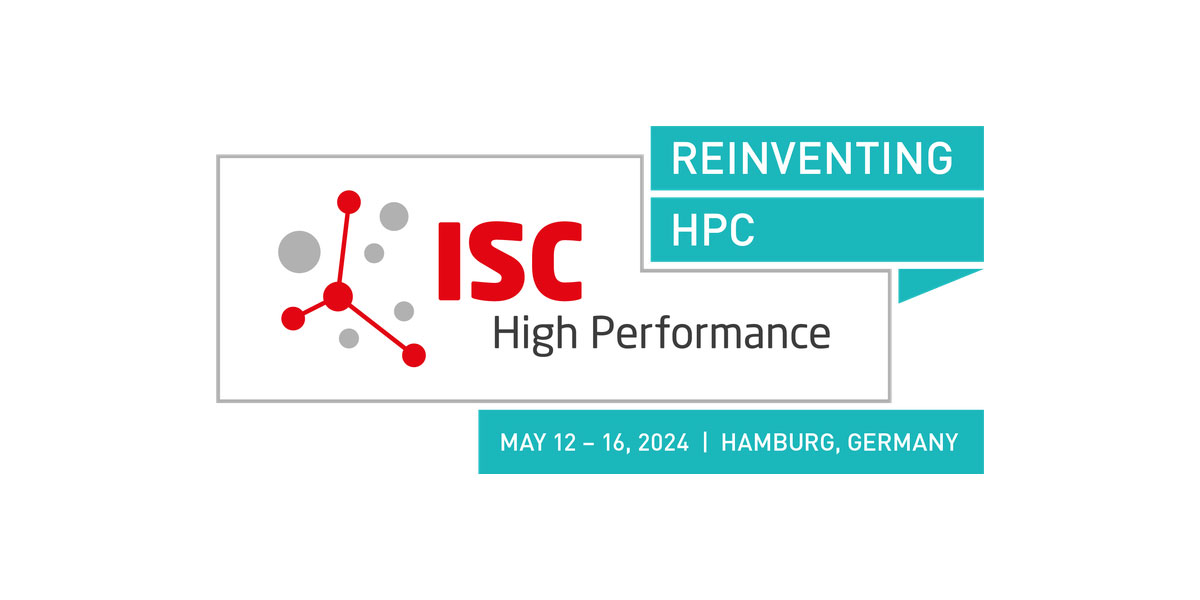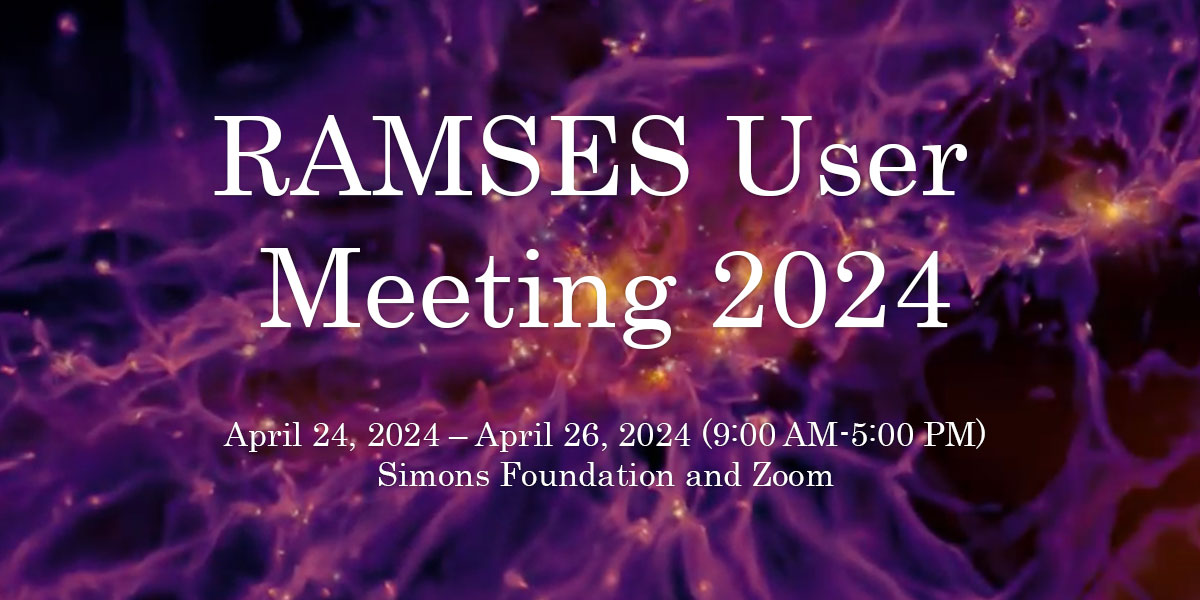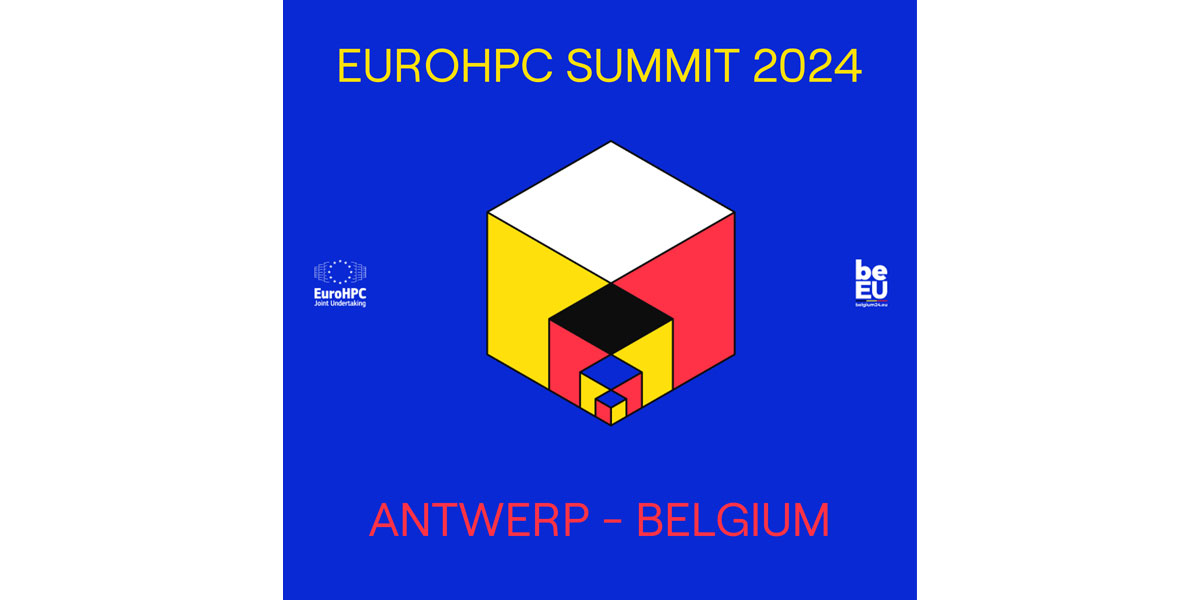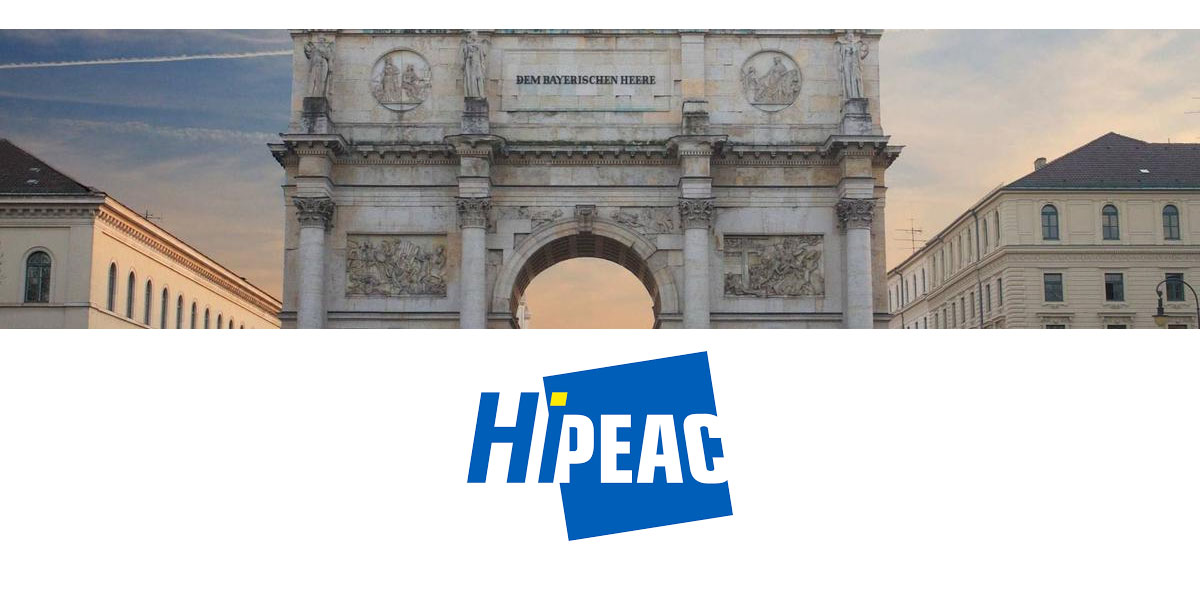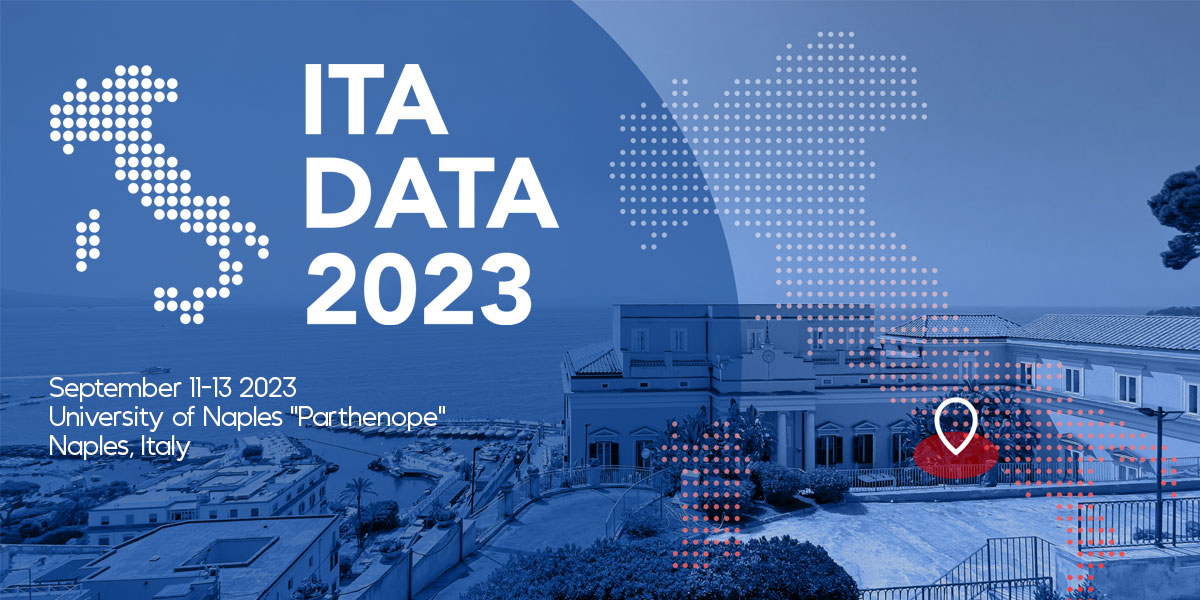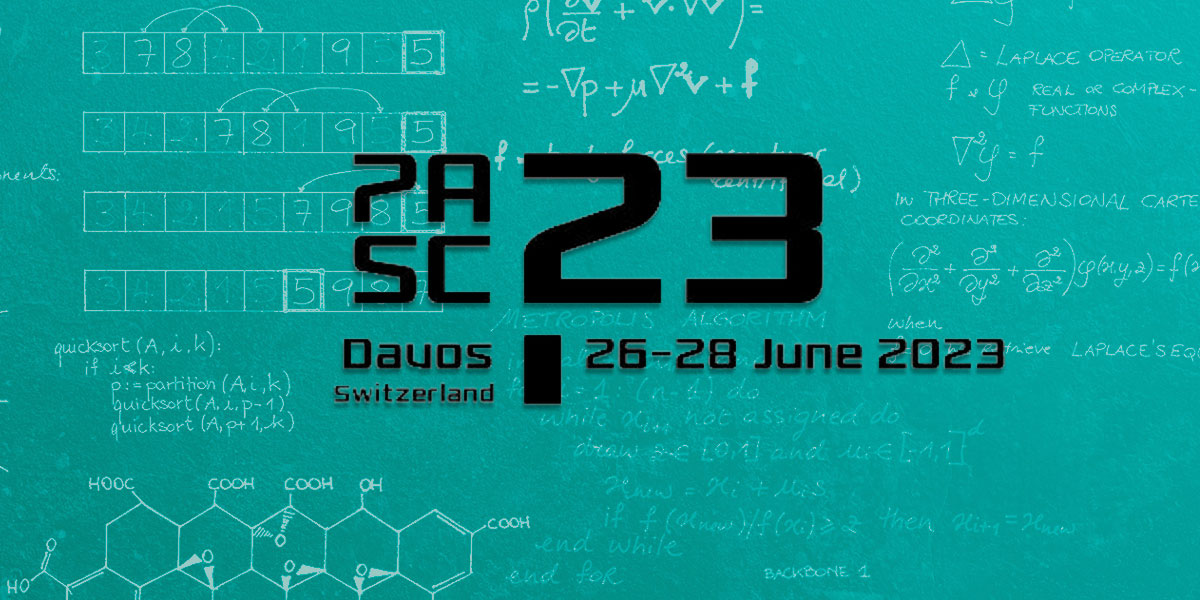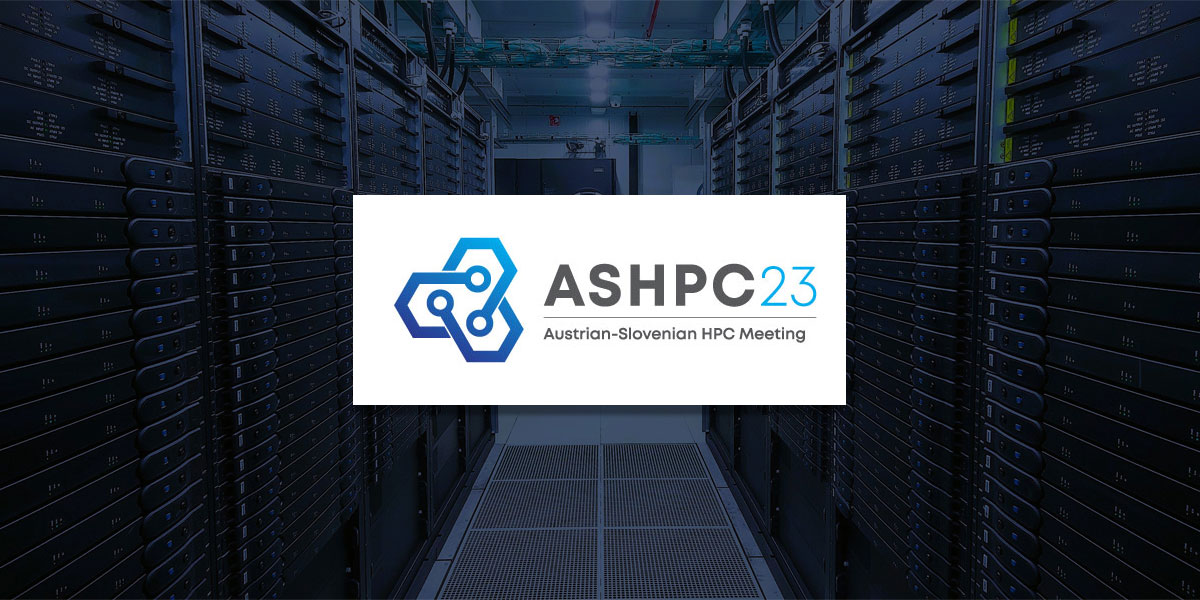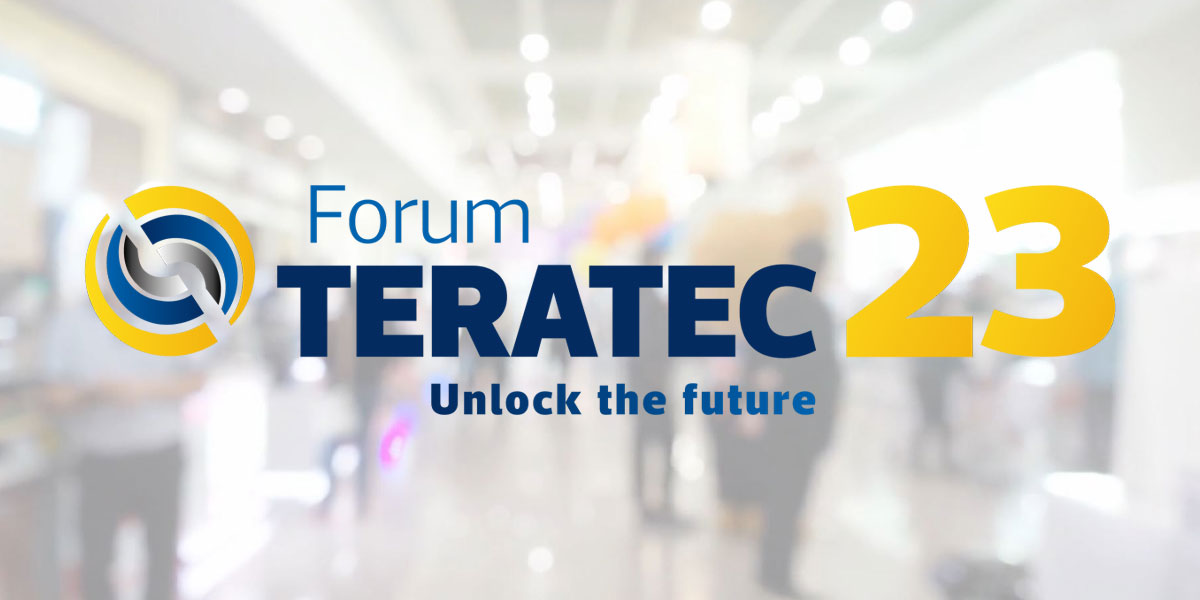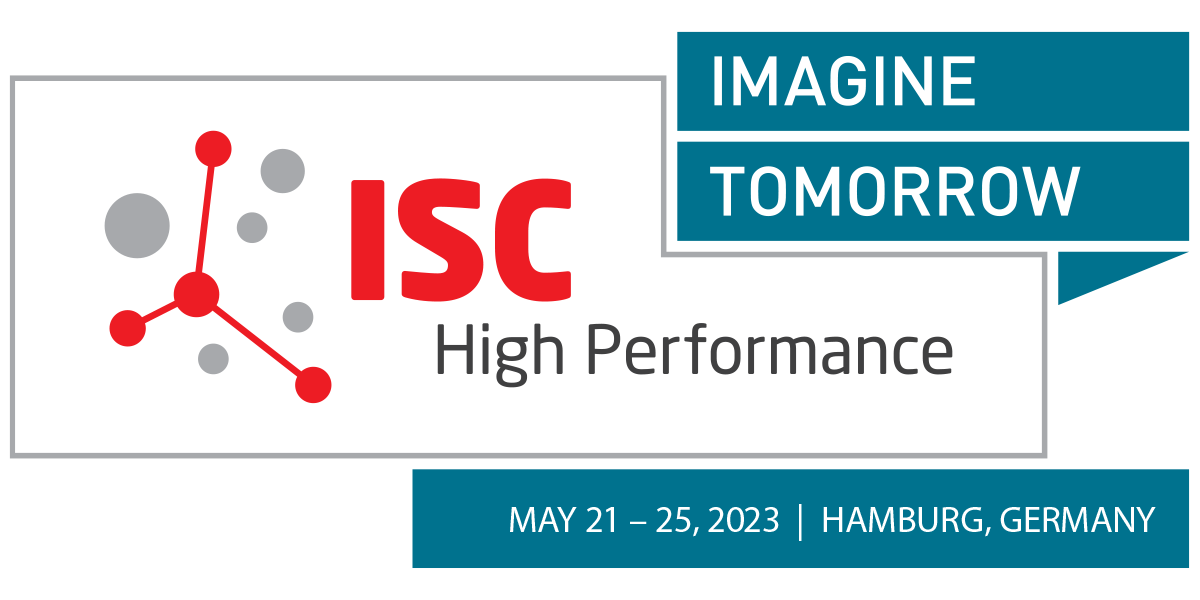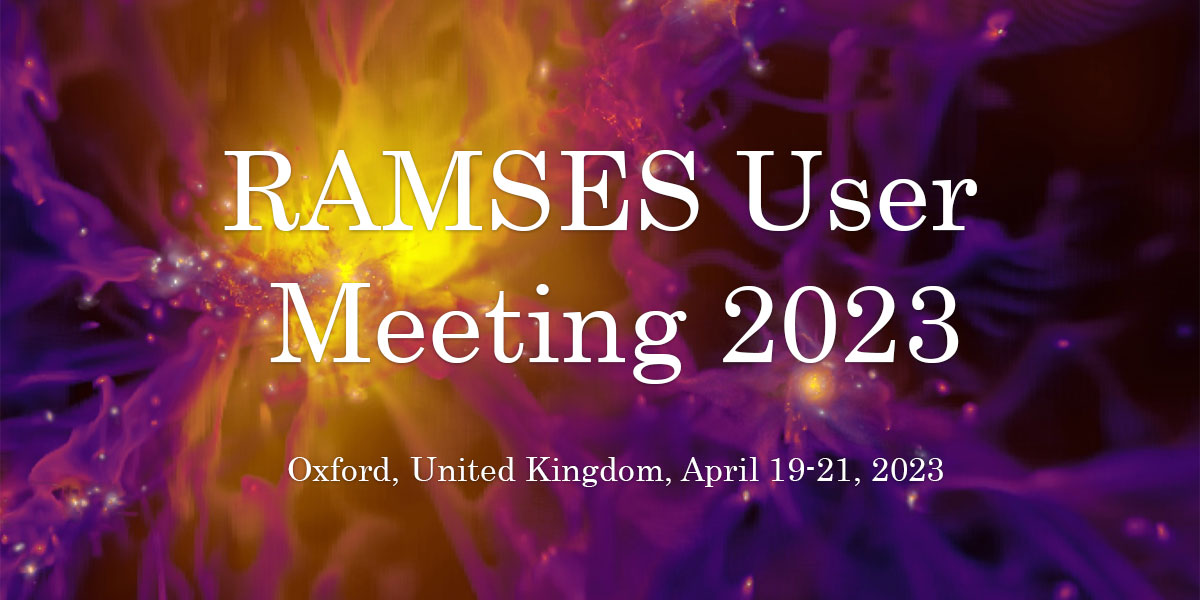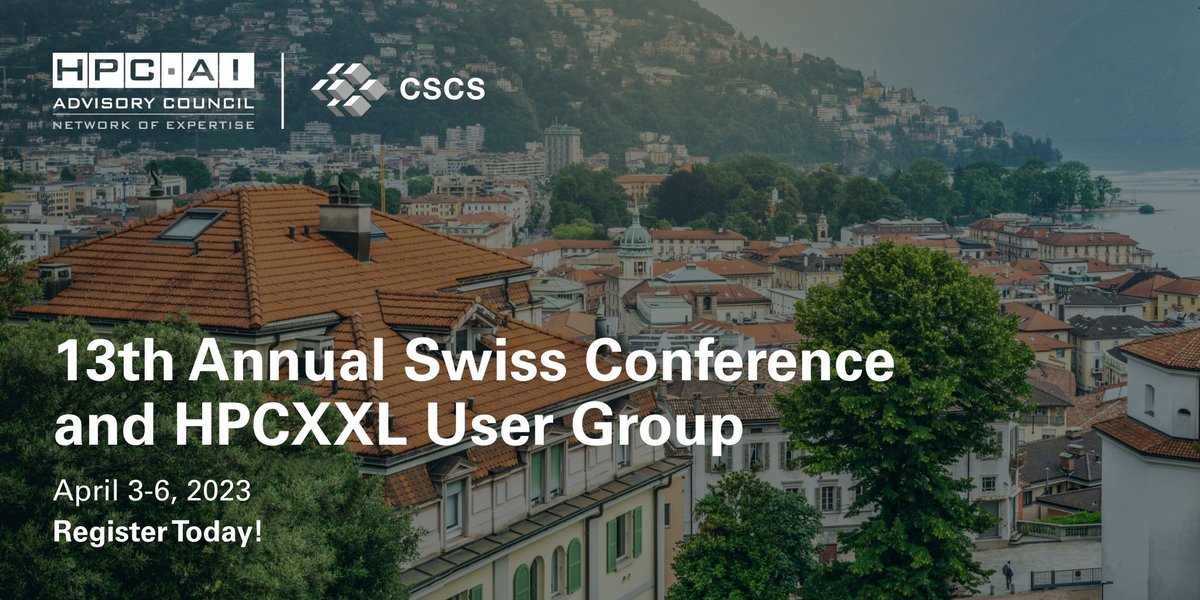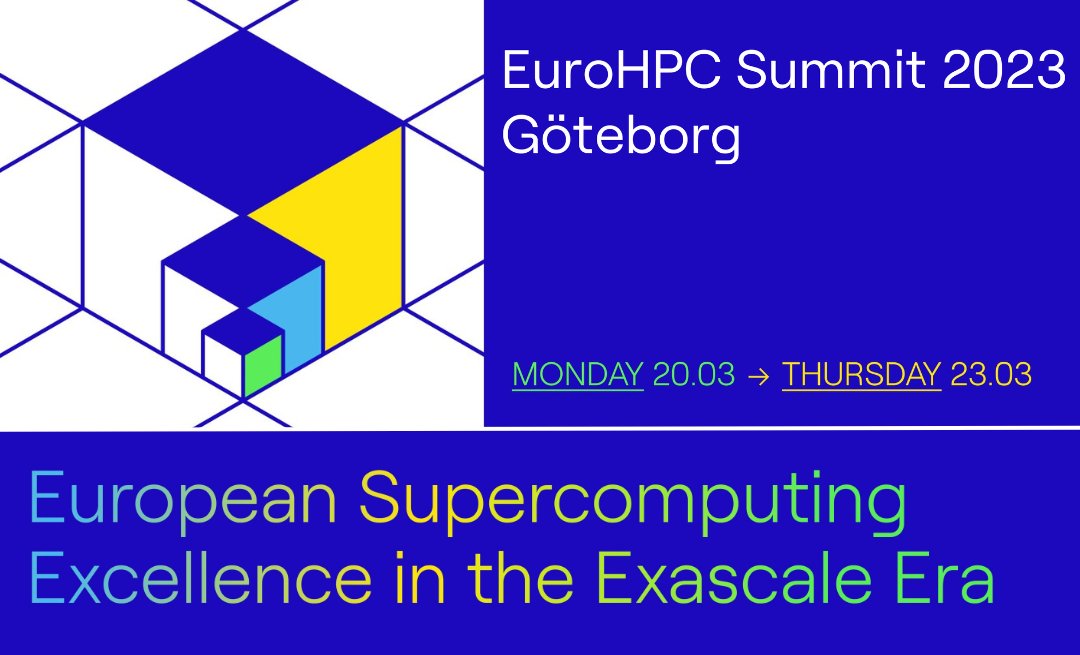workshop
Plasma Physics Towards the ExaScale Era
January 19, 2024 | 10.00 - 17.30
Science Congress Centre - Munich, Germany
Plasma constitutes the fourth state of matter and by far the most mysterious. Its dynamics is inherently nonlinear, multidimensional and multiscale. Hence, theoretical modelling is somewhat limited and great progress in plasma physics has been achieved using computer simulations. Advances in High Performance Computing (HPC) have further boosted our knowledge in this field. Indeed, massively parallel simulations have allowed the modelling of increasingly larger and more complex systems with unprecedented resolution levels. In turns, since plasma physics is key to so many applications and technologies, from astrophysics to space physics, from clean energy production based on fusion to more compact and cheaper particle accelerators, these simulations have been producing a new wealth of knowledge and enabling key applications for science, industry, and society.
The advent of the exascale era has posed key challenges to this positive trend because of the requirement to adapt existing plasma codes to novel architectures. The European High Performance Computing Joint Undertaking recognised these challenges and this year funded two Centres of Excellence (CoEs) to prepare codes dealing with different aspects of plasma physics for the exascale era and beyond.
This workshop will bring together plasma researchers, code developers, research software engineers and HPC experts from the newly launched CoEs SPACE and Plasma-PEPSC and the rich plasma code community to discuss key issues and possible solutions for porting selected codes to new emerging architectures. This workshop thus represents an amazing opportunity for sharing best practice and innovative ideas and fostering knowledge sharing. We expect that the workshop will spark lively discussions and potential collaborations. Besides technical talks, there will be important moments of networking. Talks from early career scientists and scientists belonging to underrepresented groups will be promoted to favour inclusivity.
workshop AGENDA
10:00-10:05 | Welcome - Elisabetta Boella (E4 Computer Engineering)
10:05-10:20 | Introduction: Accelerating Fusion Energy R&D via Exascale Computing - Franck Jenko (Max Planck Institute)
10:20-10:40 | Keynote: SPACE: Scalable Parallel Astrophysics Codes for Exascale - Andrea Mignone (University of Turin)
10:40-11:00 | Keynote: Plasma-PEPSC: Unlocking Extreme Supercomputing for Fusion, Accelerator and Space Sciences - Stefano Markidis (KTH)
11:00-11:30 | Coffee Break
11:30-11:50 | The PLUTO Code for Astrophysical Plasma at the dawn of the Exascale Era - Andrea Mignone and Marco Rosazza (University of Turin)
11:50-12:10 | Using OpenACC to Harness the Full Potential of Multiple GPUs in ECsim - Nitin Shukla (CINECA)
12:10-12:30 | The future of Numerical Relativity codes and Exascale computing - Khalil Pierre (University of Frankfurt)
12:30-12:50 | High Performance Visualization in the SPACE Center of Excellence - Nicola Tuccari (INAF)
13:00-14:00 | Lunch Break
14:00-14:20 | Representation Learning for Explorative Knowledge Discovery in Astrophysics Simulations and Beyond - Sebastian Trujillo Gomez (HITS)
14:20-14:40 | Exascale-ready Plasma Simulations with PIConGPU, ALPAKA and openPMD - Michael Bussmann (HZDR)
14:40-15:00 | Cosmological large-scale Structure: Theoretical Formulation, N-body Simulations and Common Methods with Plasma Physics - Ezgi Yilmaz (HZDR)
15:00-15:20 | Atomic Physics for Particle in Cell - Brian Marré (HZDR)
15:30-16:00 | Coffee Break
16:00-16:20 | Quantum Computing for Plasma Simulations - Pratibha Raghupati Hedge (KTH)
16:20-16:40 | Towards Highly Efficient Heterogeneous Supercomputers - the DEEP Approach - Hans Christian Hoppe (FZ-Juelich)
Chair: Elisabetta Boella (E4 Computer Engineering)
Co-chair: Maria Vittoria Fontanesi (E4), Daniele Gregori (E4)
Register and join us at HiPEAC 2024!

